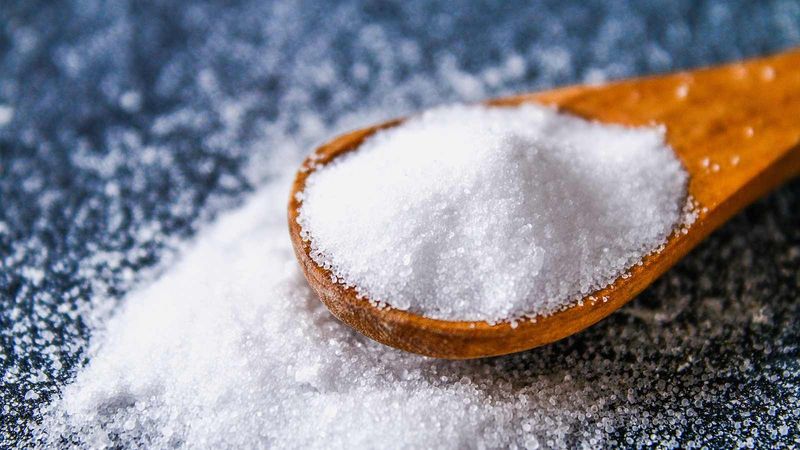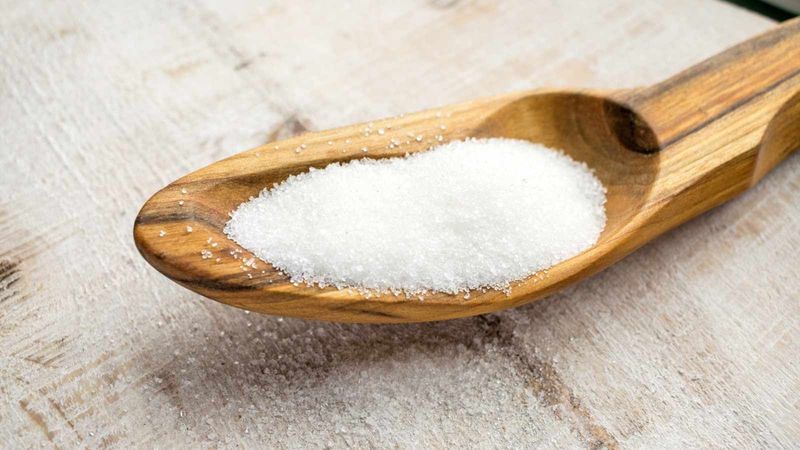15 Worst Foods for Your Brain
The brain is the command center of the body, and what you eat significantly impacts its function. Just as there are foods that can boost brain health, there are also those that can impair cognitive function and potentially harm the brain. These 15 foods could negatively impact your brain health, and here’s why…
Sugary Drinks

Sugary drinks like soda and sweetened juices contain a lot of sugar and offer little nutritional value. Consuming too much sugar inflames the brain, which can cause cognitive decline and memory problems. Switching to water or unsweetened beverages is a better option for brain health.
Alcohol

Although moderate alcohol consumption may have some health benefits, excessive drinking can affect the brain. Alcohol is a neurotoxin that can kill brain cells and lead to shrinkage of some areas in the brain, leading to memory loss and impaired cognitive function.
Processed Meats

Processed meats contain high preservatives called nitrates. These preservatives have been linked to cognitive decline and an increased risk of developing Alzheimer’s disease. Opting for lean meats or plant-based protein sources is a healthier choice.
Fried Foods

Consuming fried foods, high in unhealthy fats, can harm the body and brain. They cause inflammation and impair brain function. Regularly eating these foods increases the risk of neurological disorders like dementia. Prioritize a balanced diet for better brain health.
High-Fat Dairy

High-fat dairy products like whole milk and butter are high in saturated fats, which can increase cholesterol levels and contribute to cardiovascular disease. These unhealthy fats may also lead to cognitive decline and memory problems.
Margarine

Margarine, often marketed as a healthier alternative to butter, is usually made with partially hydrogenated oils. These oils contain trans fats that can increase bad cholesterol and damage blood vessels in the brain, leading to cognitive impairment.
White Bread

White bread, commonly made from refined wheat flour, undergoes processing that strips it of numerous essential nutrients. It can cause an abrupt spike in blood sugar levels and inflammation within the body and brain, compromising overall health and well-being.
Cheese Spread

Cheese spread, often used as a dip or condiment, is high in saturated fat and sodium. Excessive consumption of cheese spread can increase cholesterol levels and lead to hypertension. Both factors have been associated with cognitive decline and the development of Alzheimer’s disease.
High Mercury Fish

While fish is often considered a brain-healthy food due to its high omega-3 fatty acid content, some fish are also high in mercury. Consuming too much mercury can lead to memory problems and cognitive impairment. It’s best to stick with low-mercury fish like salmon, sardines, and trout for optimal brain health.
Fast Food

Fast food is convenient but typically high in unhealthy fats, added sugars, and sodium. Regular consumption of fast food can increase susceptibility to Alzheimer’s disease and other forms of dementia. Limiting or avoiding fast food can help protect the brain.
Frozen Pizza

Frozen pizza is a popular convenience food, but it’s also high in unhealthy ingredients like refined carbohydrates and saturated fats. These ingredients can cause inflammation in the brain and lead to cognitive decline over time. Opting for homemade pizza can be a better choice.
Caffeine

Caffeine provides a temporary boost of energy and focus, but too much caffeine can overstimulate the brain and potentially cause anxiety, agitation, and difficulty sleeping. Limiting caffeine intake or opting for decaffeinated options may benefit brain health.
High-Sodium Foods

Excessive sodium consumption can lead to high blood pressure and increase the risk of stroke and heart disease. Studies have also linked high-sodium diets to cognitive impairment and an increased risk of developing Alzheimer’s disease. Choosing lower-sodium options can help protect the brain.
Soy Sauce

Soy sauce, a staple in many Asian dishes, is high in sodium and often contains additives like MSG. Consuming too much soy sauce can increase blood pressure and potentially harm brain health. Opting for low-sodium or MSG-free soy sauce is a healthier option.
Aspartame

Aspartame is an artificial sweetener of phenylalanine, methanol, and aspartic acid. It is commonly used in diet and low-calorie products but has been linked to neurological issues like headaches, dizziness, and memory problems. Limiting or avoiding aspartame may be beneficial for brain health.
